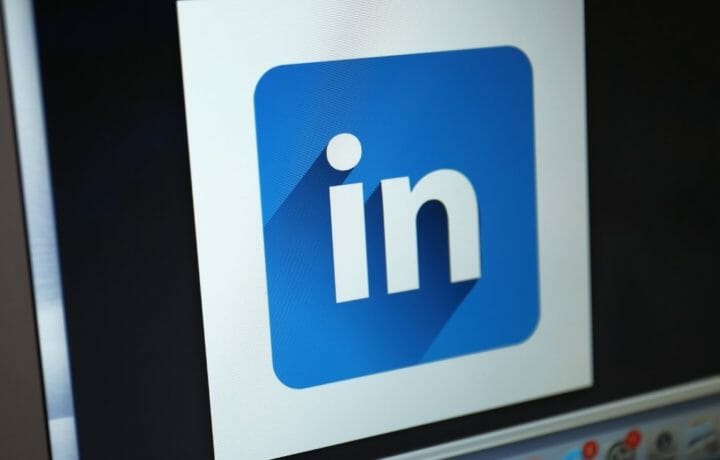Is that LinkedIn connection from abroad considered a foreign contact in regards to the security clearance process? Great question — and one that’s increasingly common in our hyper-connected world.
This was one of the topics in a thread on the ClearanceJobsBlog where a subscriber was asking if the FBI asks about your social media accounts and the nature of them during your polygraph.
A commenter says, “Not explicitly. If you “open the door” to social media, such as saying you have 100 foreign Facebook friends or LinkedIn connections, then they will probe further. They will ask questions pertaining to if you met these online friends, how you connected, their nationalities, and if they asked you any questions about your career.”
It’s important to note that if you criticize the U.S. government on your social media accounts, it could come up over the course of a background investigation. Social media isn’t formally a part of Vetting yet, but that doesn’t mean that it is off limits. Issues that come up are often investigated online, and that can include social media accounts and postings.
FOREiGN CONNECTIONS ON SOCIAL MEDIA
Short answer: Yes, a LinkedIn connection can count as a foreign contact — but it depends on the nature of the connection.
Here’s how the security clearance process views it: The U.S. government, particularly under Adjudicative Guideline B (Foreign Influence), is concerned with “close and continuing contact” with foreign nationals, or relationships that could create a potential conflict of interest, coercion, or influence.
On LinkedIn, you can have passive connections (you connected once, but don’t engage), which are generally not reportable, especially if there’s no interaction or personal relationship. However, active interactions (ones you are messaging, collaborating, or exchanging info with regularly) could be considered “close and continuing contact” and should likely be reported during your SF-86 (Section 19) or updates to your security officer.
Examples of when to report:
-
You frequently message a foreign contact.
-
You discuss work or personal details.
-
You maintain an offline relationship (e.g., WhatsApp, Zoom, meetups).
If you’re unsure whether a connection is significant enough to report, talk to your FSO (Facility Security Officer). Over-reporting is almost always safer than under-reporting.
Also, keep your LinkedIn profile professional and avoid engaging in discussions that could raise flags under foreign preference, unauthorized disclosure, or security compromise.
This question was posed from a subscriber at ClearanceJobsBlog.com, where you can read and discuss government security clearance process, how to get a security clearance job, and background investigations issues.
Much about the clearance process resembles the Pirate’s Code: “more what you’d call guidelines than actual rules.” This case-by-case system is meant to consider the whole person, increase process security, and allow the lowest-risk/highest-need candidates to complete the process. This article is intended as general information only and should not be construed as legal advice. Consult an attorney regarding your specific situation.



